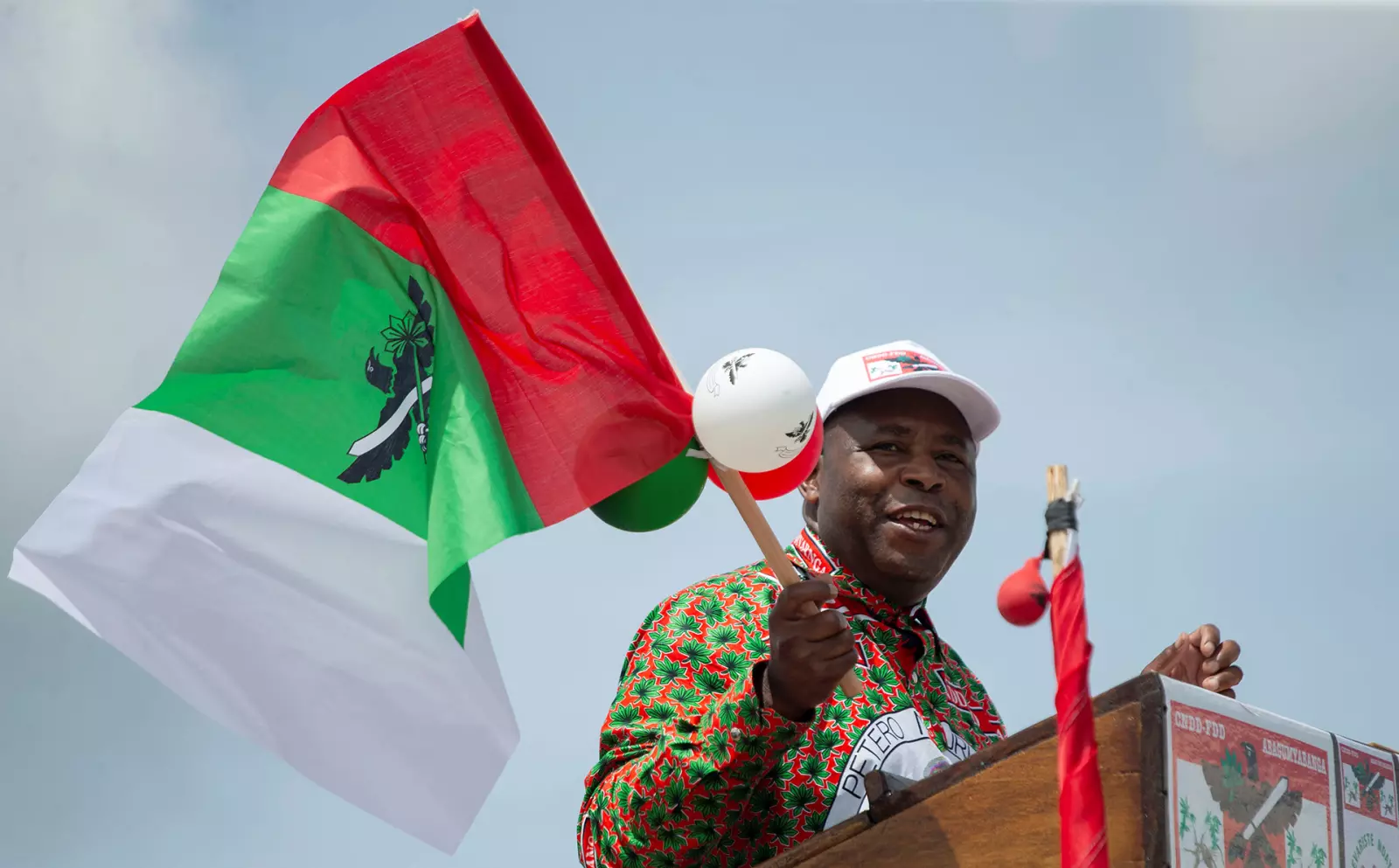
Burundi’s President Évariste Ndayishimiye and Senegalese President Bassirou Diomaye Faye met in Yokohama, Japan, during the Tokyo International Conference on African Development (TICAD 9) to discuss peace and security initiatives across the continent.
The talks underscore a shared commitment by both leaders to advance stability in the Sahel region.
During their bilateral meeting, the presidents explored issues of mutual concern at both regional and continental levels, particularly addressing the ongoing security challenges in Africa. The dialogue comes amid broader efforts to enhance diplomatic coordination and foster lasting peace across conflict-affected zones.
Since taking office in March 2024, President Faye has actively pursued a policy of good neighborly diplomacy.
Following tensions between several Sahelian states and ECOWAS—culminating in their withdrawal from the regional bloc in January 2024 over perceived French influence—Faye has undertaken visits to regional capitals including Mali and Burkina Faso to promote reconciliation.
These diplomatic efforts led ECOWAS to task him in July 2024 with engaging the countries of the Confederation of Sahel States (ESA) to reconsider their departure.
Despite ESA’s eventual exit in January 2025, both blocs have signaled a desire to maintain cooperative relations.
On the Burundian side, President Ndayishimiye has been appointed African Union Special Envoy for the Sahel, part of Angolan-led mediation to resume dialogue with the ESA. “His mandate is to intensify contacts with transitional authorities, regional actors, civil society, and international partners to foster dialogue, build consensus, and promote comprehensive strategies towards sustainable peace,” the AU said.
Observers note that the Yokohama meeting illustrates a convergence of Burundian and Senegalese diplomatic initiatives, aimed at consolidating regional stability and encouraging cooperative security mechanisms. Both leaders stressed the importance of collective mobilization across the continent to confront persistent threats in the Sahel, highlighting the role of coordinated diplomacy in achieving sustainable peace.
The encounter also reinforces Africa’s growing emphasis on intra-continental solutions to security challenges, demonstrating that collaboration between national leaders can serve as a catalyst for broader stability initiatives in regions affected by protracted conflict.



